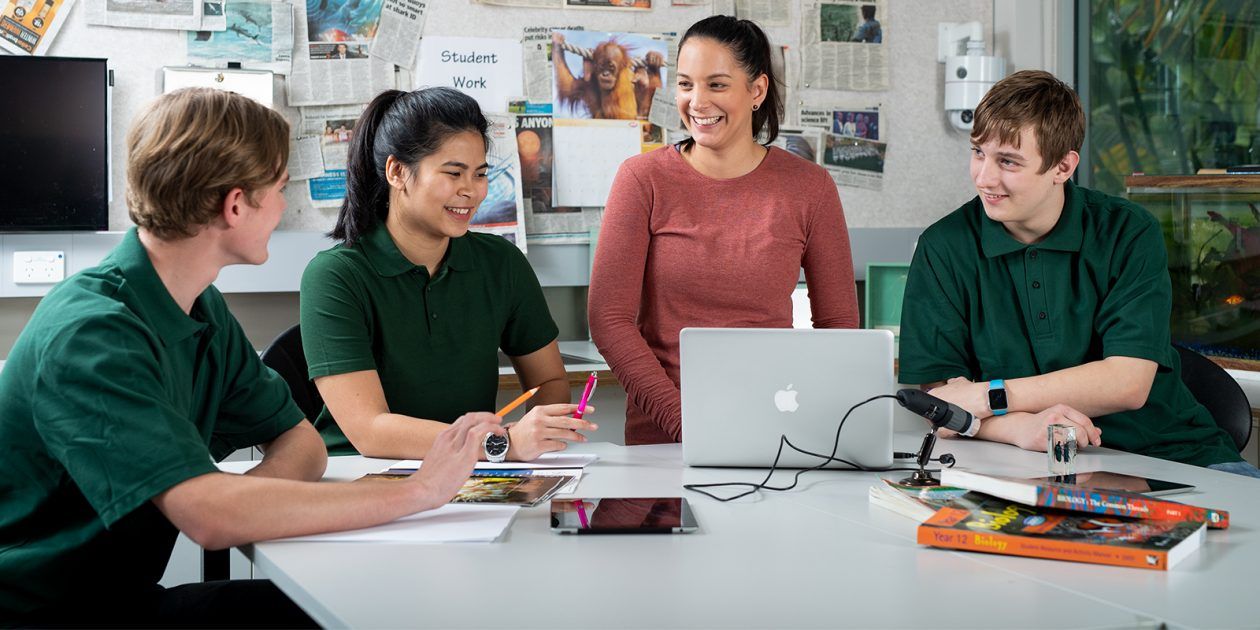Overview
Overview
The Master of Teaching is designed for people seeking to obtain an initial teacher education qualification in order to register as a teacher in Australia and/or in a country that recognises Australian teaching qualifications.
The course may also be suitable for qualified teachers wishing to gain an additional formal qualification (if needed) to convert to either Early Childhood, Primary or Secondary Education.
In the Master of Teaching you will gain advanced critical skills, knowledge and understanding concerning best practice in education, to meet the needs of today’s learners.
You will also have opportunities to undertake professional experience, culminating in a professional placement during your final year of study.
CHOOSE YOUR MAJOR
The Master of Teaching offers three majors:
STUDY PERIODS
Instead of being delivered in semesters, the Master of Teaching is delivered across four study periods each year:
- Special Study Period 1: March–May
- Special Study Period 2: June–August
- Special Study Period 3: September–November
- Special Study Period 4: December–February
The Master of Teaching (Early Childhood, Primary, and Secondary) course is an intensive course; therefore, there are no substantial breaks between or within study sessions in the course.
What jobs can the Teaching course lead to?
The future of teaching
New communication technologies will continue to create immersive learning environments and increasingly impact teaching practices, while improving equity and access across education. Assisted learning technologies have the ability to transform learning across the range of education environments – special-needs, early childhood, primary, secondary and tertiary.
Curtin students graduate as highly qualified educators able to implement new technologies to provide contemporary learning experiences in classrooms and other learning environments.
What you'll learn
- demonstrate cultural responsiveness and respectful engagement with local First Peoples and a diversity of cultures
- demonstrate a capacity for leadership through critical thinking and reflective and innovative practices based on local, national and international research and engagement in ongoing professional learning
- apply relevant theory and research to enhance the learning experiences and outcomes of learners from a diversity of backgrounds and of aspirations
- apply high-level discipline knowledges and understandings to demonstrate pedagogical capabilities, including planning and delivering effective teaching and learning experiences in the technologically enhanced learning environment, with demonstrated impact for all learners
- apply high-level discipline and well-developed pedagogical knowledges to generate and critically analyse diverse sources to support situated professional judgements when assessing and reporting on learning
- demonstrate effective and creative literacy and numeracy competencies across a range of professional contexts
- apply principles of social justice to create and manage positive, safe and ethical learning environments that support a diversity of learners to engage in meaningful learning
- communicate professionally with educational stakeholders, including colleagues, parents and carers, and engage collaboratively to build sustainable communities

